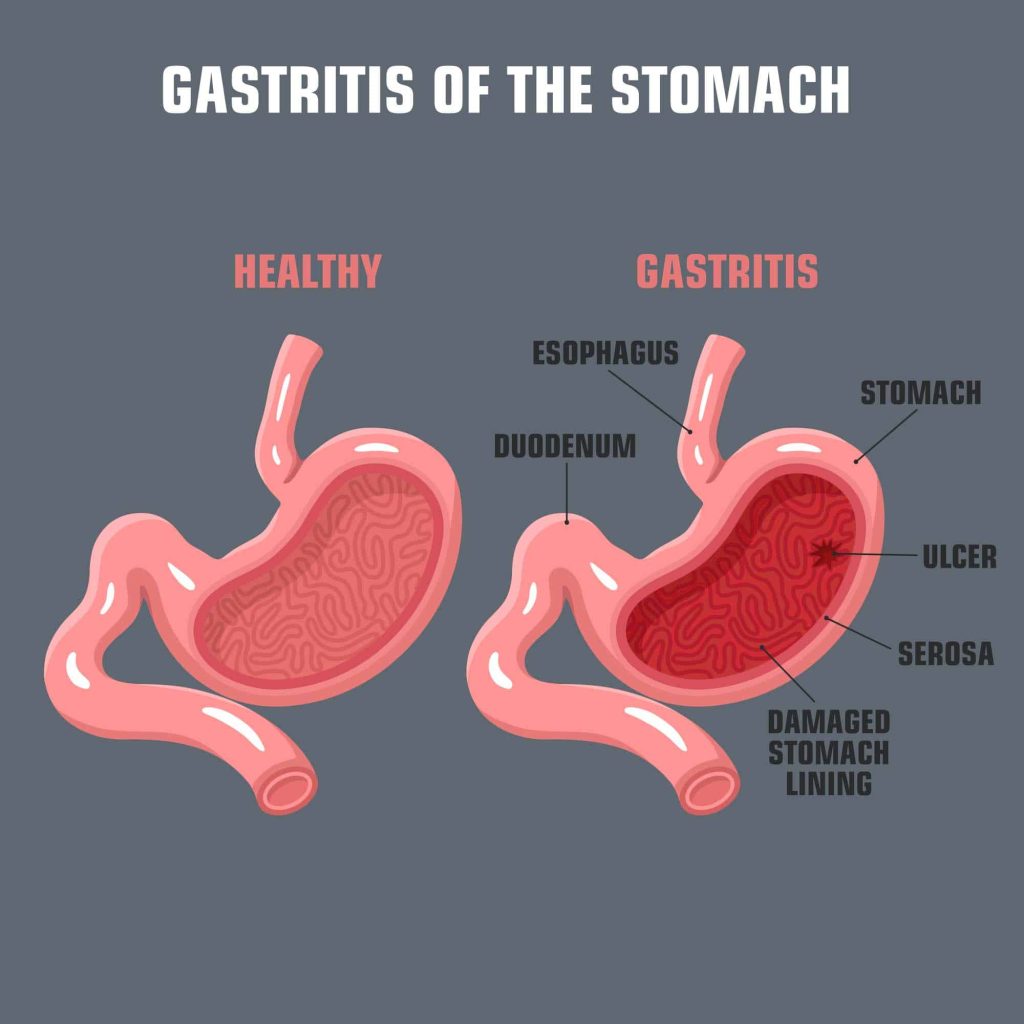Abuse of alcohol and other substances alters the brain.
Cognitive flexibility is the ability to adjust to changing conditions in order to get the best results.
Researchers are still trying to understand the interactions and alterations that take place when certain medications have an impact on cognitive flexibility.
The relationship between impaired cognitive flexibility and cocaine and alcohol usage was recently investigated.
The information provided a crucial understanding of the underlying neuronal networks underlying these alterations in the brain.

There is still much to learn about how the brain and some addictive chemicals interact. The complexity and distinct affected brain circuits are still a mystery to researchers.
A recent mouse study investigated the effects of cocaine and alcohol on particular brain circuits.
According to the study’s findings, cocaine and alcohol may block specific brain connections, making it harder to adjust to changing conditions.
Abuse of drugs impairs cognitive flexibility
People can change their behavior by adapting their ideas. This is referred to as cognitive flexibility. According to the authors of this study, cognitive flexibility enables individuals to modify their behaviour in response to their settings in order to obtain desirable results.
Ben Spielberg, a neuroscientist and the founder of Bespoke Treatment, elaborated on the significance of cognitive flexibility in his study:
The ability to change one’s mental focus and adjust to new challenges, objectives, and patterns is referred to as cognitive flexibility, a complicated phenomenon. Cognitive flexibility is defined as the capacity to think and act appropriately in response to changes in inputs, settings, and surprises. Our world is changing quickly, and if our thought patterns are rigid and unchanging, we can’t adjust to it. Cognitive flexibility is therefore vital.
The use of specific drugs and alcohol has been associated with a decrease in cognitive flexibility, according to the study’s authors.
The goal of this study, according to Dr. Jun Wang of the Texas A&M University School of Medicine, was to “examine why addictive substance use reduces cognitive flexibility.”
How do drugs and alcohol impact thinking?
In this study, mice and rats were used to examine the effects of cocaine and alcohol on cognitive flexibility and the underlying mechanisms at play.
Reversal learning tasks were employed by researchers to evaluate cognitive flexibility. This entails performing acts and tasks that are the opposite of what they were in the past.
They discovered that cocaine helps to inhibit particular neurons known as striatal cholinergic interneurons (CINs) by interfering with certain brain connections.
Previous research has shown that direct-pathway medium spiny neurons (MSN) are more active when exposed to addictive drugs over time. They discovered that exposure to cocaine seems to intensify the inhibitory signals that direct-pathway medium spiny neurons (MSN) send to striatal cholinergic interneurons (CINs). Their research provides additional evidence that alcohol has a similar effect.
The authors of the study also discovered that cocaine exposure reduced CIN firing to the dorsomedial striatum (DMS), a region of the brain. The ability to think creatively depends on this part of the brain.
The information sheds light on a few possible mechanisms by which addictive chemicals may limit cognitive flexibility. The identification of these mechanisms may aid in the creation of medications for the treatment of substance use disorders.
Dr. Wang provided some details regarding the team’s brain circuits, saying:
“It is unclear what mechanisms underlie the decrease in cognitive flexibility brought on by reinforcement. Through a collateral projection from dMSNs to CINs, this study discovered that dMSN activation by substance use decreases CIN function and flexibility. In other words, dMSN-to-midbrain mediates reinforcement, whereas dMSN-to-CIN lowers cognitive flexibility.”
According to Spielberg, drug abuse “is linked to impulsivity at initial stages (e.g., before physiological dependence kicks in). However, the brain switches to a compulsive pattern once one becomes dependent on the drug.”
The effects on the human brain require additional study.
The primary drawback of this study is that it was conducted on rodents, which means that it cannot be directly used to work with people.
To fully comprehend how alcohol and cocaine affect neural networks in the human brain, more research is required. For instance, it is unknown to what extent consuming alcohol or cocaine affects cognitive flexibility, Dr. Wang explained:
This study identifies an intrinsic circuit that mediates the cognitive flexibility brought on by reward. We haven’t yet looked at what dosages of alcohol or cocaine will make people less flexible cognitively. Alcohol or cocaine use disorder, which is defined as obsessive use of these substances despite negative effects, is widely thought to cause permanent alterations at dMSN-to-CIN.
Obtaining addiction therapy
This study adds to the body of research that shows how addictive chemicals affect people. Numerous alternatives are available to those who need assistance in reducing the possibly negative impacts of addiction.
Long-term management and learning new behaviors that challenge old patterns can both be part of addiction treatment.
Some drugs may be able to ease withdrawal symptoms and aid in the process of acclimating a person to life without a particular substance.
Therapy that enables people to alter their behaviors and way of thinking might be helpful to those seeking addiction treatment.
In his explanation of some facets of addiction treatment, Spielberg said:
“The current standard of care involves a community-based treatment programme such as a Partial Hospitalisation Programme (PHP) or Intensive Outpatient Programme (IOP). This is once a person has been medically detoxicated from substances. In addition to having a substance addiction disease, many persons also have other underlying mental health diagnoses that have to be treated. These diagnoses often include bipolar illness, PTSD, depression, anxiety, OCD, and ADHD.
REFERENCES:
- https://www.medicalnewstoday.com/articles/how-alcohol-cocaine-impacts-brain-health
- https://americanaddictioncenters.org/alcoholism-treatment/brain-damage
- https://www.fortbehavioral.com/addiction-recovery-blog/how-drugs-and-alcohol-damage-the-brain/
For Mental disease medications that have been suggested by doctors worldwide are available here https://mygenericpharmacy.com/index.php?cPath=77_478
